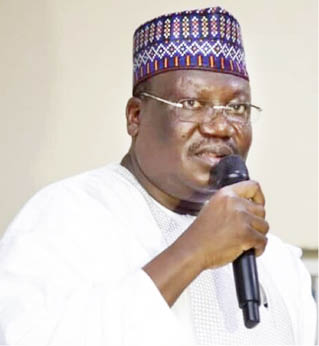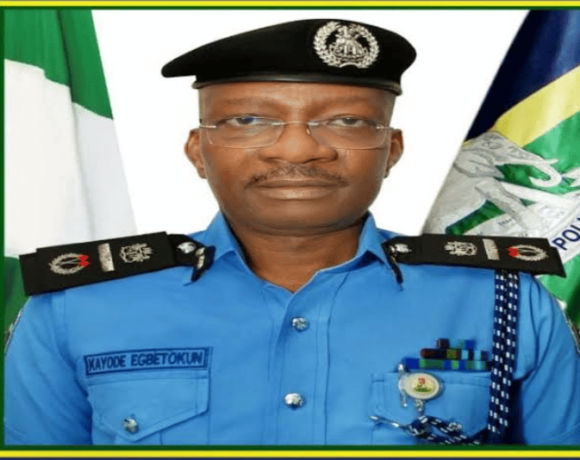‘How to curtail insecurity in South-East’
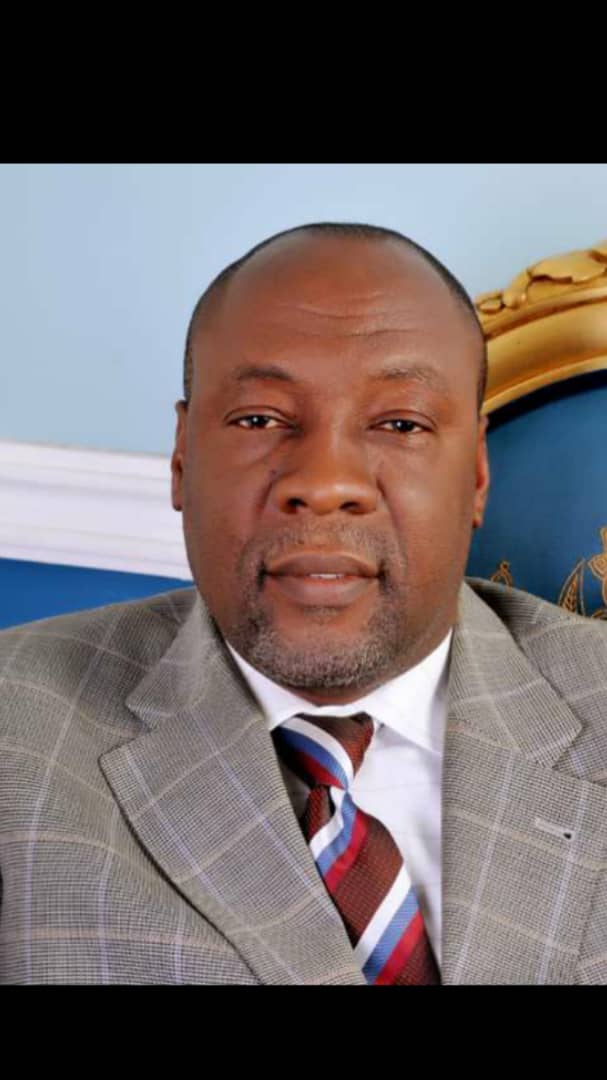
Barrister Charles Odenigbo is a veteran journalist and lawyer. He is enthusiastic about unity, justice and economic development in Nigeria. In this interview, he speaks on what both federal and state governments should do to stem insecurity in the South-East.
How does the current insecurity affect national cohesion and the economy of the South-East?
Insecurity is a state of being subject to danger and uncertainty. Nigerians in all spheres of life are living in self-doubt and vulnerability due to poor welfare from the government, lack of good healthcare facility and service, unemployment of over 100 million citizens, terrorism by Boko Haram, bandits, armed robbery, cultist crisis, ritual cleansing, primitive superstition, religious intolerance between Christians and Moslems, cry of marginalisation by sections of the country, dis-unity, misery, low capacity production by the manufacturing sector, looting of the treasury by political elites, electoral violence, electoral malpractices, compromise by government agencies, genocide against the South-East citizens of Nigeria, nepotism, favouritism based on tribe and religion, and so on. This is the reality of Nigeria today.
Section 14 sub-section 2 paragraph (b) of the Constitution of the Federal Republic of Nigeria provides that “the security and welfare of the people shall be the primary purpose of government, and (c) the participation by the people in government shall be ensured following the provisions of this Constitution. Incidentally, those who aspired to different offices through which the provisions of the Constitution of the Federal Republic of Nigeria can ensure only end up emasculating and oppressing the people. They get into offices and unleash mayhem on the people through the administrative resources of the State. Security agencies are privatised and members of the military and police are deployed for the use of a few political elites, traditional rulers, captains of industry, diplomatic corps, etc. The people for whom these institutions were established by the Constitution are neglected.
Tackling insecurity in Nigeria begins with the removal of the immunity clause from the Constitution of Nigeria.
For instance, there is hardly any market or motor garage where adequate security is provided. Our schools and other institutions of learning are neglected by our security architecture. In the end, the people resort to self-help by providing for themselves vigilantes or community security personnel. The same applies to the provision of water, electricity, and relaxation centres. Most policymakers use their parochial religious sentiments to make laws and formulate policies under the guise of protecting their wives and daughters from been seen by other men. The political elites have perfected their art of deception by fanning the embers of religion and tribe to turn the people against themselves, leaving the majority wondering whether the country is truly a nation where they can thrive and excel in their chosen vocations.
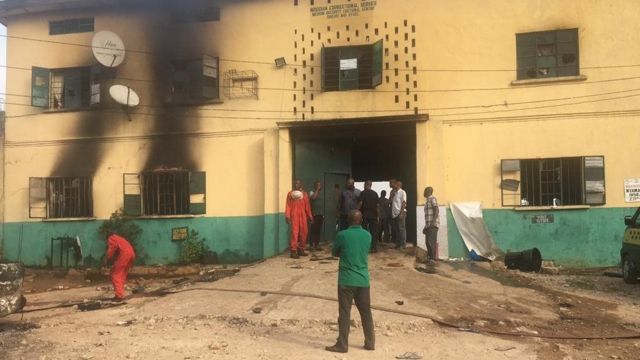
A file image of the recent attacks in the Imo Correctional Centre in Owerri, Imo State
All the foregoing brings me to the insecurity and economy of the South-East. Before the Biafran civil war started the Ibos were a prosperous people, engaged in businesses across the nooks and crannies of Nigeria. But the phobia of some parts of the country led to the way and manner that elections were conducted and new leaders emerging. True, the Ibos dominated every sphere of the Nigerian economy. But they achieved it by the dint of hard work and industry. Today, the economy of the South-East has been reduced to mere commerce. After the civil war that ended in 1970, the South-East people were denied their assets in different parts of Nigeria. Their finances were rendered useless by the federal government. Over three million children were killed by government forces with gross hatred. Most businessmen of eastern origin now engage in importation from China, Japan, Malaysia, the USA, etc. A pocket of them fabricate, build and operate in the transportation and hotel sector. Yet most government policies are made targeting the South-East in a bid to whittle down their influence.
No single political elite or traditional ruler from the whole region has condemned the activities of the herdsmen and bandits.
The South-East is not protected by the government from the Fulani herdsmen who invade and destroy their farms and rape their women. Successive governments of Nigeria have ensured that the landmass of the South-East is reduced to create border tension between them. So, in my view, the economy of the South-East has been damaged by the federal government, giving rise to serious insecurity.
What is your assessment of the FG’s response to the protests in the region?
The federal government’s response to the protests in the South-East region has been very poor and biased. The ‘Operation Crocodile Smile and bombardment of different communities have been too harsh. Why should the government level Ibo communities, kill innocent children, women, elderly persons that government should be protecting? It can be likened to killing a fly with a sledgehammer. The government has not done equity at all. In the North, the federal government negotiate with terrorists and bandits. But in the South-East IPOB and ESN are described as terrorists. Meanwhile, the Number One enemy of Nigeria, the Miyetti Allah Cattle Association, is left untouched. A Sheikh Gumi goes about negotiating with bandits and acting as their spokesperson, yet no agency of government lifts a finger or condemns his actions. The government needs to re-examine its approach of selective destruction of the South-East.
Appointment to federal and state offices must not marginalise a section of the society
Do you think the Eastern Security Network (ESN) measures in dealing with herdsmen’s attacks on farmers, farms and women are appropriate?
The Eastern Security Network (ESN) has applied the appropriate measures in dealing with the herdsmen’s attack on their people. In the South-East the federal government has not provided adequate security for the communities. For instance, between 9th Mile Corner in Enugu State and Opatu, there is a very low police presence. Travelling in the night will prove the danger in leaving the people on their own. The only time the presence of government is felt is when the military is sent to destroy the people. Without the ESN, I wonder what would have become of the region.
What should South-East state governments be doing, which they have not done?
The South-East state governors are docile and more interested in their own personal interest. They are fearful, greedy and self-centred. For instance, there is no single South-East governor that has condemned the actions of the military and Police against the region. No single governor from the region has been able to articulate the expectations of the people from the federal government. The region is confronted with a problem like erosion, lack of water, lack of hospitals in the communities, lack good schools, poor road networks, inadequate security, and so on. No single governor from the region has been able to condemn the Fulani herdsmen’s attack on its people. There is a conspiracy of silence. No single political elite or traditional ruler from the whole region has condemned the activities of the herdsmen and bandits. Traditional rulers from other regions are very vocal and articulate in fighting for their people. The South-East governments have failed woefully.
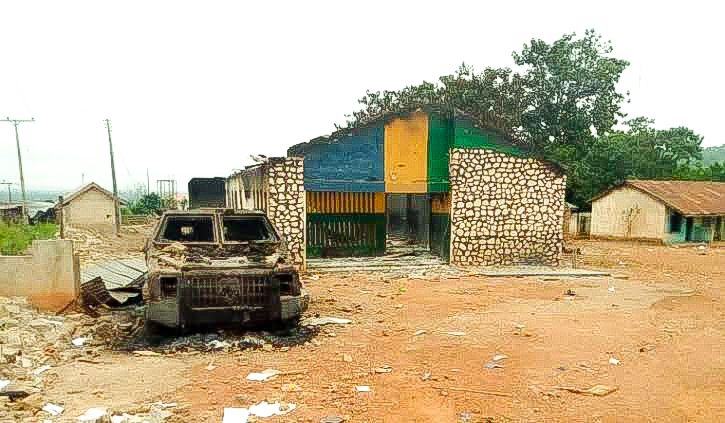
A file image of an attack on a police station in Imo State
What should the Federal Government be doing, which it has not done?
The federal government should be seen to providing security for the people of the South-East. This will send the right message to the people that someone cares about the land. The policies of the FG should be pro-people and not de-motivating and demoralising. The region is the industrial hub of Nigeria. Government must change the narrative from hatred to love for the people of the region.
How do we tackle general insecurity in Nigeria?
Tackling insecurity in Nigeria begins with the removal of the immunity clause from the Constitution of Nigeria. Immunity for government officials especially the state governors insulates them from facing the law while in office and this is the bane of gross impunity in Nigeria. Secondly, the power deficit must be tackled head-on to enable the people to engage in legitimate activities that will guarantee their welfare. Government must demolish or remove all the Mosques and Churches in federal and state government premises including the federal secretariat. The government must respect the secularity of the state. The security apparatus of the State must be reviewed and re-engineered. The number of security personnel attached to security chiefs, political elites, traditional rulers, the judiciary must be reduced. Security should be provided in our markets across the country and the motor parks. Intelligence gathering must be increased. Government must show love and provide welfare to the people on an equitable basis. Appointment to federal and state offices must not marginalise a section of the society. Government must solicit the help of the United States in the fight against insurgency. Merit should be the basis of engagement in Nigeria. Security for one must be security for all.
The Insight Report
Nigeria Coverage


